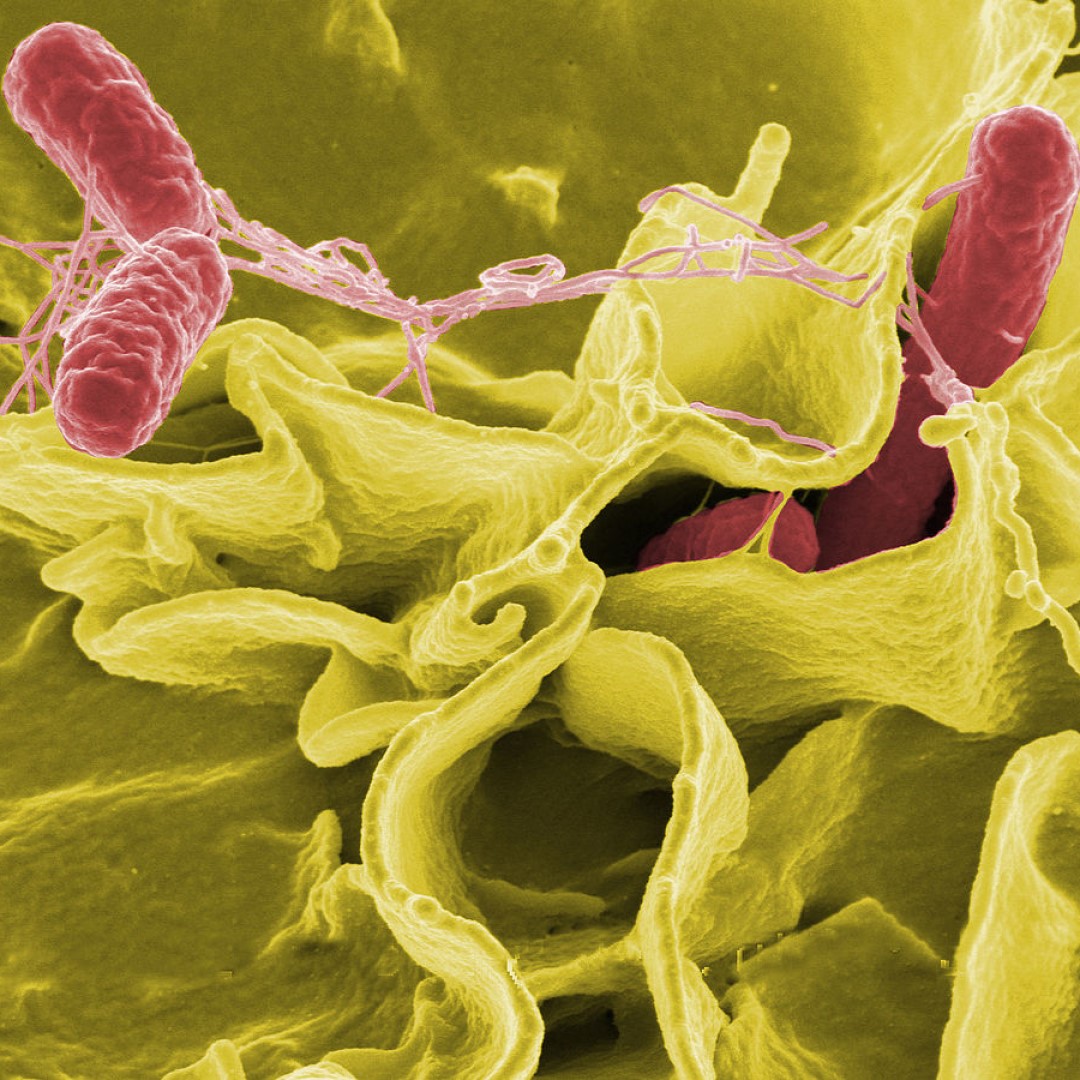
UC Davis study showed how salmonella tricks gut defenses to cause infection
On Nov. 15, 2024, a University of California Davis Health (UC Davis Health) research team announced they had uncovered how Salmonella bacteria, a major cause of food poisoning, can invade the gut even when protective bacteria are present. The study explains how the pathogen tricks the gut environment to escape the body’s natural defenses.
The digestive system is home to trillions of bacteria, many of which produce short-chain fatty acids (SCFAs) that help fight harmful pathogens. But Salmonella manages to grow and spread in the gut, even though these protective compounds are present. The research team discovered that the answer lies in how the pathogen changes the gut’s nutrient balance. When Salmonella enters the small intestine, it causes inflammation in the gut lining and disrupts the normal absorption of amino acids from food. This creates an imbalance in nutrients in the gut.
The imbalance gives Salmonella the resources it needs to survive and multiply in the large intestine (colon), where beneficial bacteria usually curb its growth. The study showed that salmonella causes inflammation in the small intestine in order to derive nutrients that fuel its replication in the colon. The study was published in the Proceedings of the National Academy of Sciences.
Tags:
Source: University of California Davis Health
Credit: Photo: Transmission electron microscopic image of Salmonella bacteria (pink) invade a human epithelial cell. Courtesy: National Institute of Allergy and Infectious Diseases.
